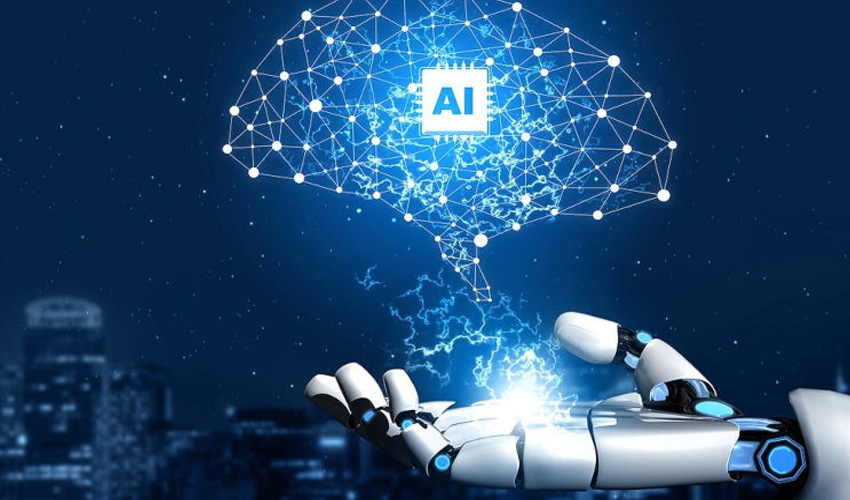In a groundbreaking development poised to reshape the landscape of software engineering, the Bay Area startup Cognition has unveiled Devin, heralded as the world's premier AI software engineer.
This unveiling marks a significant milestone in the realm of artificial intelligence, as Devin showcases unparalleled capabilities that could redefine the way software is conceived, constructed, and refined.
Devin's prowess was showcased through its remarkable performance on the SWE-bench coding benchmark, where it not only matched but exceeded the capabilities of top human engineers.
Unlike conventional coding assistants, Devin boasts advanced long-term reasoning capabilities, enabling it to autonomously strategize and execute complex software projects while making a multitude of precise decisions along the way.
What sets Devin apart is its adaptability to emerging technologies, effortlessly mastering unfamiliar tools and frameworks through comprehensive documentation analysis.
From end-to-end application development to autonomous bug hunting and AI model training, Devin seamlessly integrates into existing workflows, enhancing efficiency and productivity.
While the emergence of Devin promises to streamline software development processes and alleviate engineers from mundane tasks, it ignites a pertinent discourse on the future role of human engineers in tandem with increasingly capable AI systems.
Cognition emphasizes that Devin is designed to augment human expertise rather than supplant it, highlighting the symbiotic relationship between AI and human ingenuity.
The implications of Devin's advent extend beyond mere automation; it embodies a paradigm shift in software development, underscoring the synergy between human creativity and machine intelligence. As the industry grapples with this transformative technology, the collaborative potential between AI systems like Devin and human engineers emerges as a cornerstone for innovation in the digital age.
This unveiling marks a significant milestone in the realm of artificial intelligence, as Devin showcases unparalleled capabilities that could redefine the way software is conceived, constructed, and refined.
Devin's prowess was showcased through its remarkable performance on the SWE-bench coding benchmark, where it not only matched but exceeded the capabilities of top human engineers.
Unlike conventional coding assistants, Devin boasts advanced long-term reasoning capabilities, enabling it to autonomously strategize and execute complex software projects while making a multitude of precise decisions along the way.
What sets Devin apart is its adaptability to emerging technologies, effortlessly mastering unfamiliar tools and frameworks through comprehensive documentation analysis.
From end-to-end application development to autonomous bug hunting and AI model training, Devin seamlessly integrates into existing workflows, enhancing efficiency and productivity.
While the emergence of Devin promises to streamline software development processes and alleviate engineers from mundane tasks, it ignites a pertinent discourse on the future role of human engineers in tandem with increasingly capable AI systems.
Cognition emphasizes that Devin is designed to augment human expertise rather than supplant it, highlighting the symbiotic relationship between AI and human ingenuity.
The implications of Devin's advent extend beyond mere automation; it embodies a paradigm shift in software development, underscoring the synergy between human creativity and machine intelligence. As the industry grapples with this transformative technology, the collaborative potential between AI systems like Devin and human engineers emerges as a cornerstone for innovation in the digital age.




0 Comments